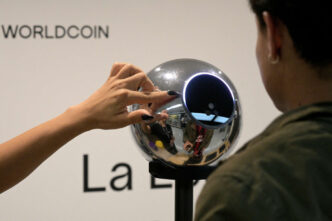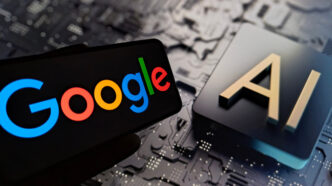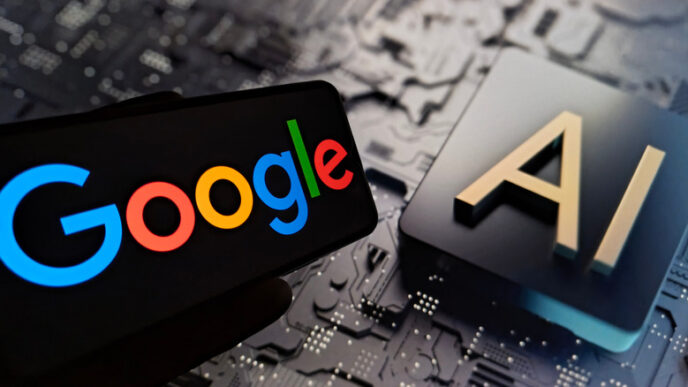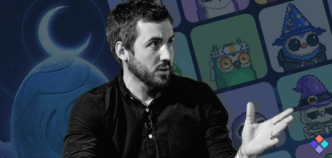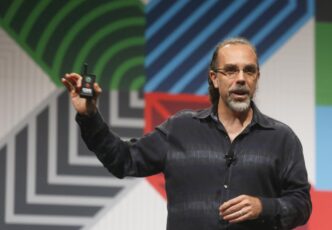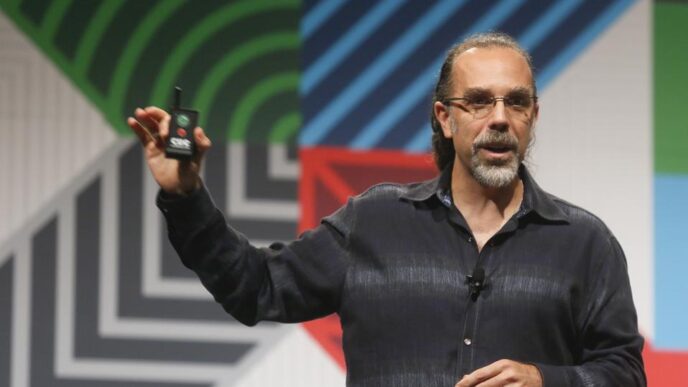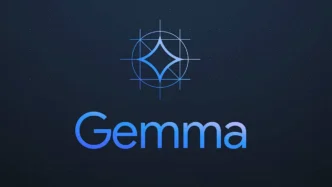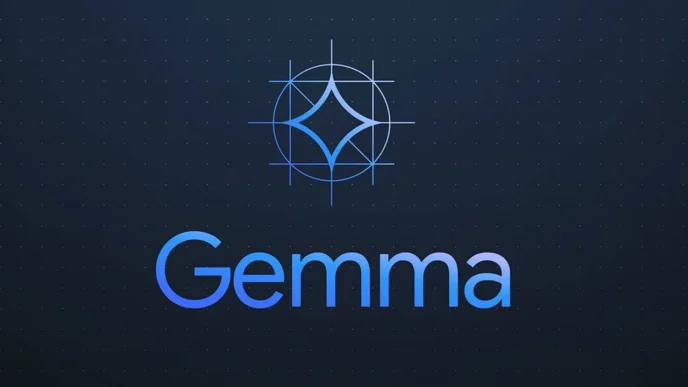The internet is drowning in AI-generated content. From fake videos to cloned voices, the line between real and artificial has nearly vanished. In this noisy digital world, the Humanity AI Orb stands out with one clear mission, to restore trust online by helping people prove they’re human without sacrificing privacy.
Founded by the team behind Tools for Humanity, the Humanity AI Hub is the beating heart of a global effort to verify personhood through ethical AI. It’s not about creating another social platform or collecting data. It’s about developing technologies that let users confirm their humanity while staying anonymous, a balance few companies have managed to strike.
At the center of this initiative is the Worldcoin Orb, a futuristic device designed to scan your iris and issue a secure, cryptographic proof that you’re real. The scan doesn’t store your image. Instead, it converts it into a unique digital code that can’t be reverse-engineered. That code becomes your “proof of personhood,” allowing you to access online services, communities, and platforms without revealing your personal details.
The Humanity AI Hub acts as both a research lab and an open-source ecosystem. Engineers, ethicists, and policy experts collaborate to ensure these biometric systems are transparent and auditable. By making their technology open to inspection, Tools for Humanity hopes to win the trust of a public increasingly skeptical of Big Tech’s data practices.
But the Hub’s vision goes beyond identity verification. It aims to power a future internet where every user is verified as human, every transaction is authentic, and misinformation loses its grip. This could redefine everything from online voting and community moderation to how creators protect their work from AI impersonation.
Critics, however, warn that biometric verification must remain truly voluntary and privacy-preserving. They ask tough questions: Who oversees the infrastructure? How are data and codes deleted if a user opts out? And can decentralization survive when governments and corporations begin to rely on such systems?
The Humanity AI Hub team says transparency is the answer. By publishing open-source tools, third-party audit results, and clear consent protocols, they aim to build a model of responsible innovation that others can follow. It’s a bold experiment in digital ethics, proving that trust can be rebuilt not through control, but through accountability.
As AI continues to reshape communication, commerce, and creativity, initiatives like the Humanity AI Hub could define what “being human” means in the digital era. Whether it becomes a global standard or a cautionary tale will depend on how well it balances progress with privacy, and how much humanity we’re willing to protect as we race toward an AI-driven future.
